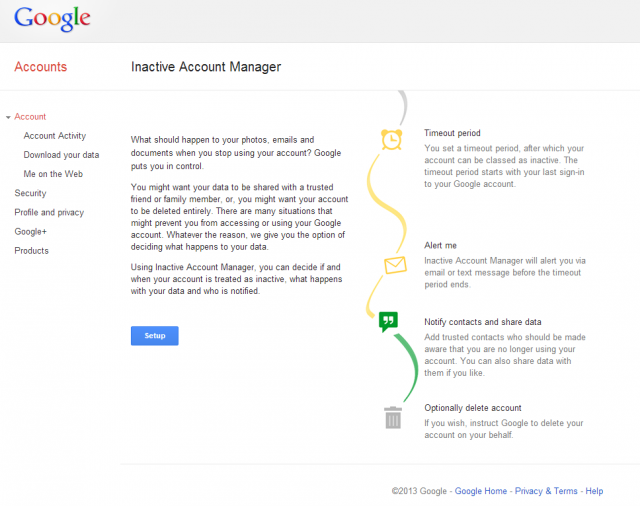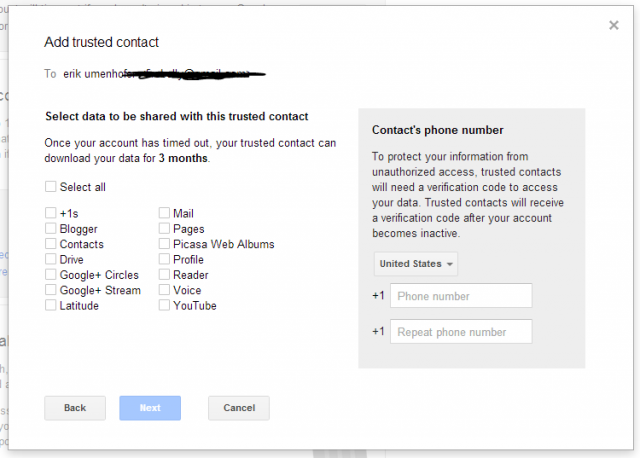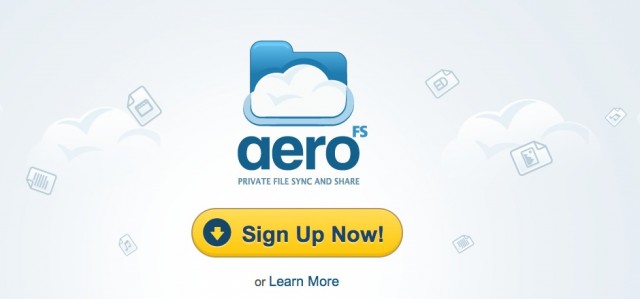Even if you don’t use an RSS reader, you still use RSS.
If you subscribe to any podcasts, you use RSS. Flipboard and Twitter are RSS readers, even if it’s not obvious and they do other things besides.
Lots of apps on the various app stores use RSS in at least some way. They just don’t tell you — because why should they?
RSS is used for mundane things too, like Mac app updates (for non-App-Store apps) and Xcode documentation.
And those people you follow on Twitter who post interesting links? They often get those links from their RSS reader.
One way or another, directly or indirectly, you use RSS. Without RSS all we’d have is pictures of cats and breakfast.
Boring
RSS is plumbing. It’s used all over the place but you don’t notice it. Which is cool.
But here’s why it’s great plumbing:
There are many millions of feeds, from the smallest blog to the many feeds at the New York Times. Just about everything that gets published on the web is available via RSS. (Outside of Twitter and Facebook.)
There are no user caps. No company can tell your favorite app how many users it can have. (Twitter does this.)
Nobody can tell you how to display an article from an RSS feed. (Twitter does this with tweets.)
The formats are stable. Code I wrote five years ago to parse feeds would work today and will work in five years. (The formats are simple, too.) Other services have APIs that change and break existing apps.
RSS can’t be shut down. Any number of companies can go out of business, but nobody can stop anybody from publishing and reading RSS feeds.
Nobody can force ads on you. A given RSS reader could add ads, but you can switch — because another RSS reader can read the same feeds. A given publisher could put ads in their own feeds, but you can unsubscribe. There is no company that can force ads on everyone, as Twitter and Facebook are working on for their systems.
Nobody can force you to be tracked. If you’re not using a syncing system, then nobody knows what you subscribe to and what you read.
You don’t need to register anywhere to write an RSS app. (You do need to register to write Facebook and Twitter apps.)
In the general case there are no security issues with feed reading. (Unless you’re using a sync service or reading authenticated feeds.)
This is elegance. It derives from the design of the internet and the web and its many open standards — designed so that no entity can control it, so that it survives stupidity and greed when it appears.
Lots of things work like this. Not just RSS.
Capitalism
A naive reading of the above makes it sound like RSS is anti-business. That’s not true at all. (I did well with my RSS business.)
Instead, it’s anti-monopolist. By design it creates a level playing field. Anybody can write RSS apps, and anybody can use RSS however they want to.
This means that competition and innovation are permitted to thrive.
But it’s not a guarantee. In the past several years it seems to have slowed way down.
Prague 1948 Forever
When Eastern Europe opened up, following the fall of the Berlin Wall and the collapse of the Soviet Union, Prague looked like it had been sealed up in a bubble since 1948.
Google Reader isn’t communist Russia, obviously, duh — but it’s a similar pattern. There was one gigantic player and a bunch of satellites, and RSS readers more-or-less looked like it was still 2006.
Not that there wasn’t any innovation — there was some — but it’s been pretty quiet, especially compared to the several years before 2006.
RSS the format has remained as useful and cool as ever, but RSS readers haven’t done so well.
My hope — my expectation, even — is that a few things will turn this around:
The end of Google Reader takes away that one dominant player. The market for RSS readers is no longer frozen — and it will interest more developers than it has in recent years.
Over-reach by Twitter and its diminishing user experience makes people interested in other ways of finding good stuff to read.
The lower costs of server-side development and deployment brings creating RSS services within reach of smaller companies.
The challenge — as ever, with everything — is to make useful and delightful apps that people love.
But now, if I’m right, we’ll have more people working on that challenge.
In the meantime, the loss of Google Reader syncing is going to be tough. That’s a big hurdle. Marco proposes some baby steps. I don’t like Google Reader’s (undocumented) API, but I like the pragmatic approach.
Well
At any rate — these are interesting times! I know that’s a curse, but I take it as a blessing, because it’s way more fun that way.


 AeroFS has left its invite-only beta.
AeroFS has left its invite-only beta.